Trusted by leading veterinary clinics
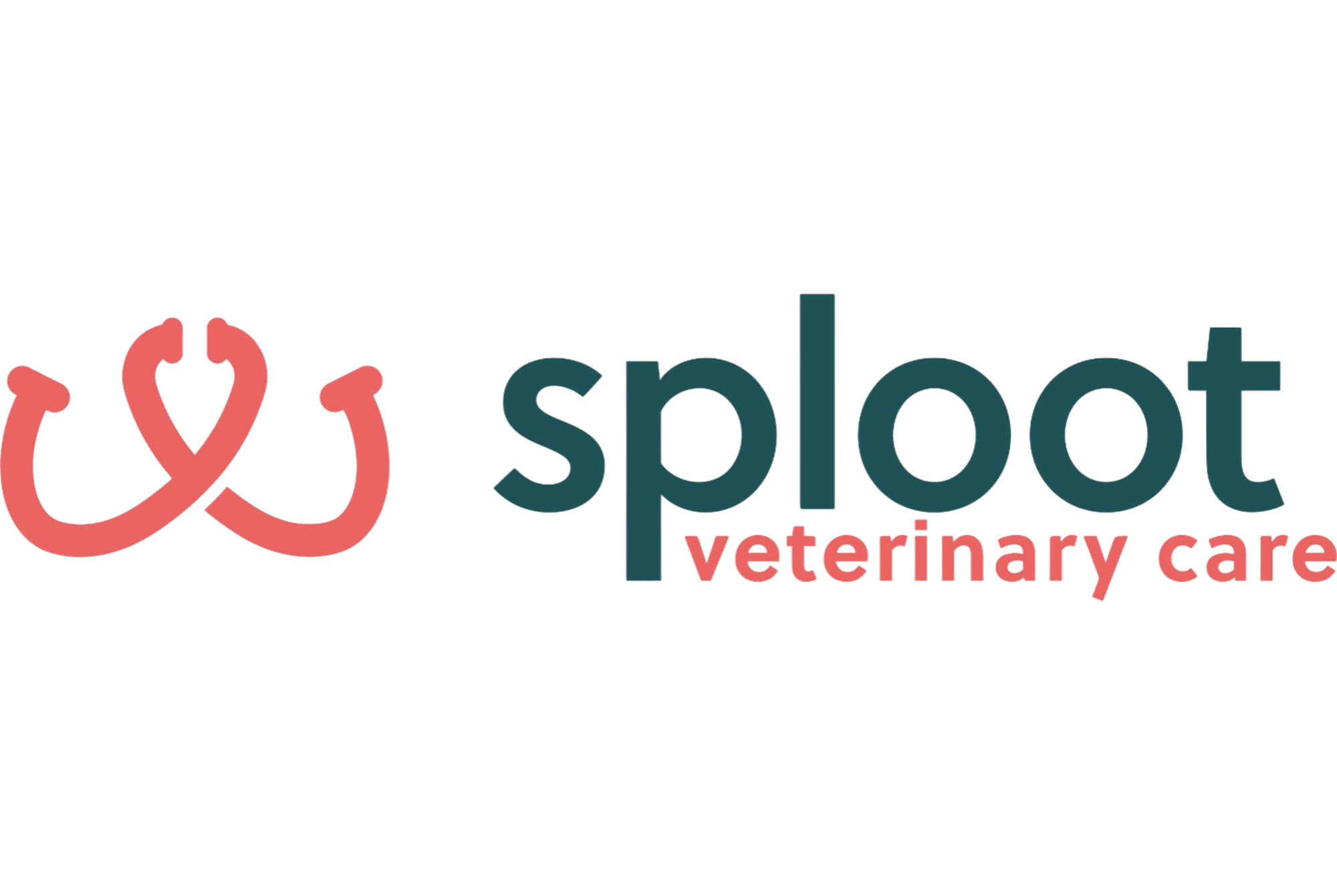













The Challenge of Early Disease Detection
1 in 3 dogs will develop cancer during their lifetime, making it the leading cause of death in dogs over 10 years old. Yet traditional diagnostics miss these diseases until it's too late.
Many serious diseases, including cancers, organ damage, and chronic conditions, progress silently for months or years. By the time clinical symptoms appear, treatment options are limited and outcomes are often poor.
The DeepScan CFD test revolutionizes canine healthcare. By detecting cell destruction before symptoms appear, it enables truly proactive care at the cellular level, transforming how we approach canine health and empowering veterinarians to intervene early.
Latest News
What is the CFD Biomarker?
The CFD biomarker measures circulating cell-free DNA (cfDNA) levels in blood, which correlate directly with cell destruction in the body. This powerful clinical insight helps veterinarians assess disease severity, detect hidden conditions, and monitor treatment effectiveness across both acute emergencies and chronic disease management.
What Does Elevated cfDNA Indicate?
Elevated CFD levels indicate abnormal cell destruction. The biomarker provides early clinical signals across multiple disease categories:
Cancer Detection
Early signal for malignancies with high cellular turnover
Examples: lymphoma, hemangiosarcoma, histiocytic sarcoma, osteosarcoma
Chronic Inflammation
Persistent cellular damage from inflammatory processes
Examples: inflammatory bowel disease, chronic pancreatitis, osteoarthritis
Organ Damage
Acute or progressive organ dysfunction with cell death
Examples: kidney disease, liver failure, cardiac dysfunction, acute pancreatitis
Acute & Systemic Disease
Critical inflammatory responses and multi-organ involvement
Examples: sepsis, internal bleeding, multi-organ failure, severe trauma
Individualized Reference Ranges
CFD is calibrated using dog-specific reference values that account for each animal's weight, age, sex, and neuter status, rather than relying solely on breed. This personalized approach ensures higher accuracy and greater clinical relevance for informed diagnostic decisions.
Which Dogs Benefit from CFD?
Many diseases begin to appear in dogs between 4-7 years of age. The best way to ensure early detection is to incorporate the CFD biomarker into routine blood work during annual health checkups starting from this age.
CFD is particularly valuable in the following cases:

Annual Health Checkups
Track cfDNA trends annually or bi-annually to detect rising levels early. Especially critical for high-risk breeds prone to cancer and chronic diseases.
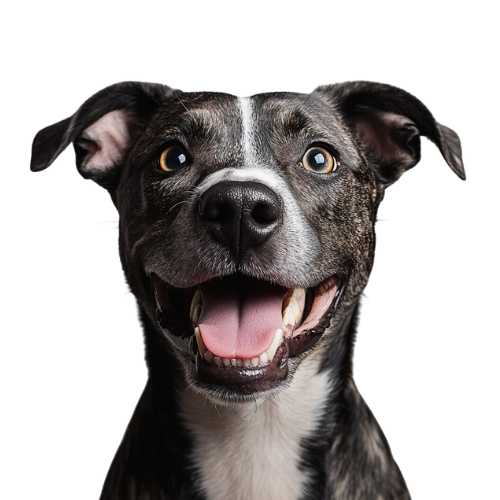
Clinical Assessment
When something seems wrong, elevated cfDNA levels help confirm underlying cell destruction and guide diagnostic decisions.

Treatment Monitoring
Track cfDNA trends over time to assess treatment effectiveness. Falling levels indicate improvement, while rising levels may signal relapse.
It's recommended to monitor cfDNA levels for all dogs over 6 years old, and for dogs over 4 years old from breeds with elevated cancer risk, such as:
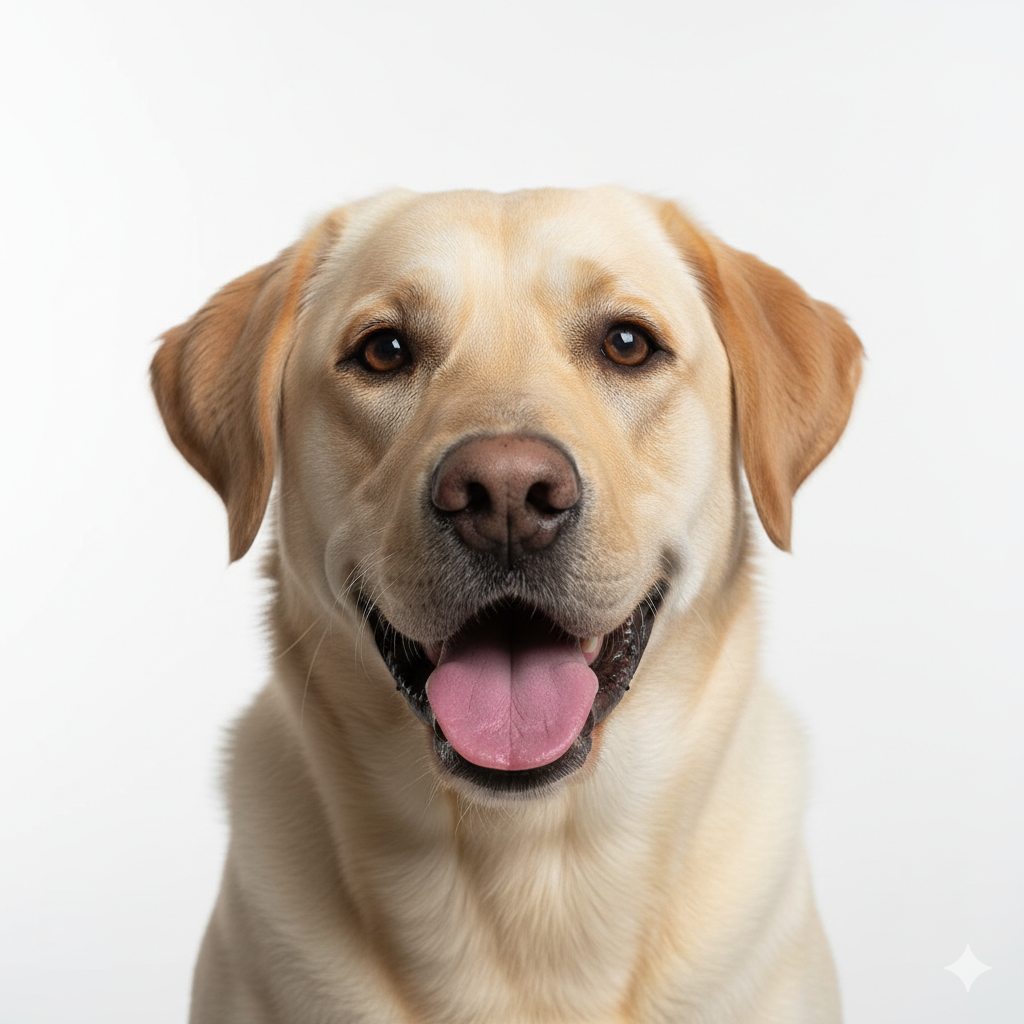
Labrador Retriever

French Bulldog

Golden Retriever
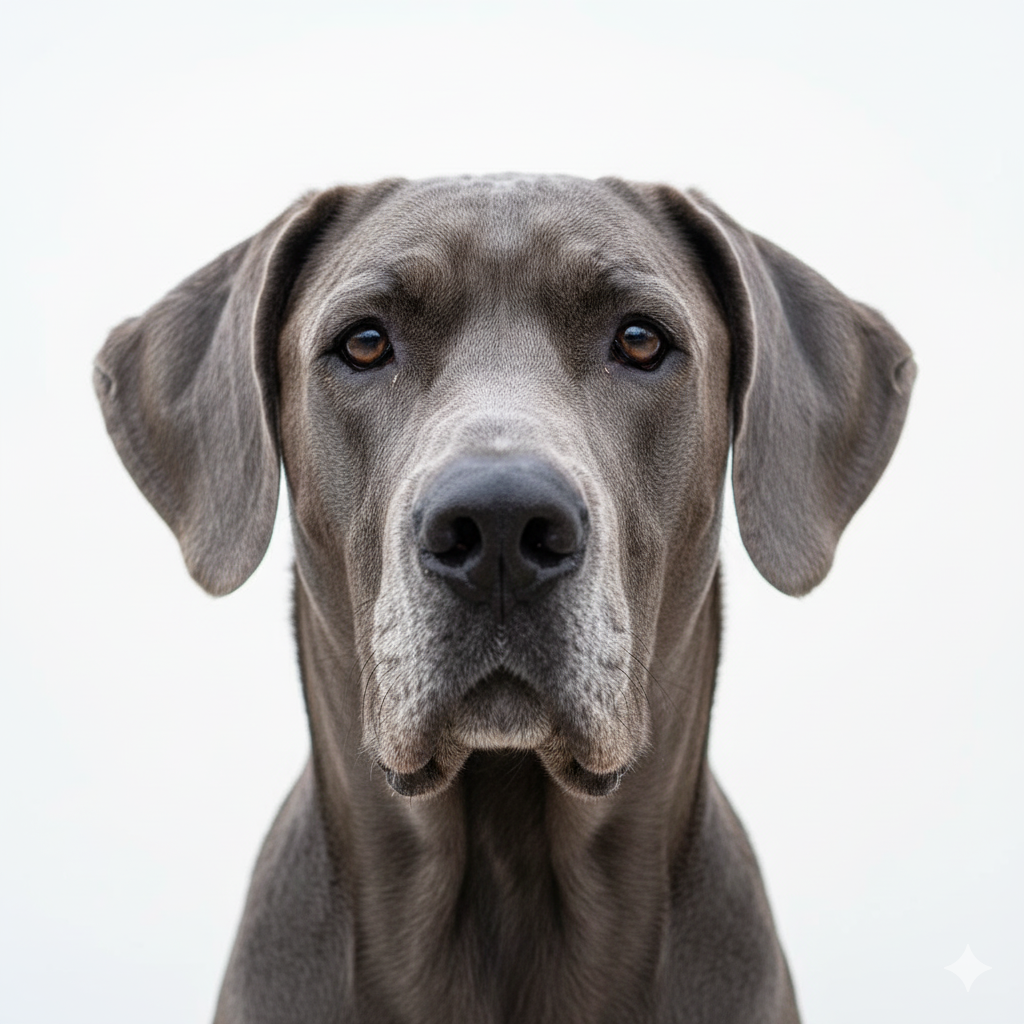
Great Dane
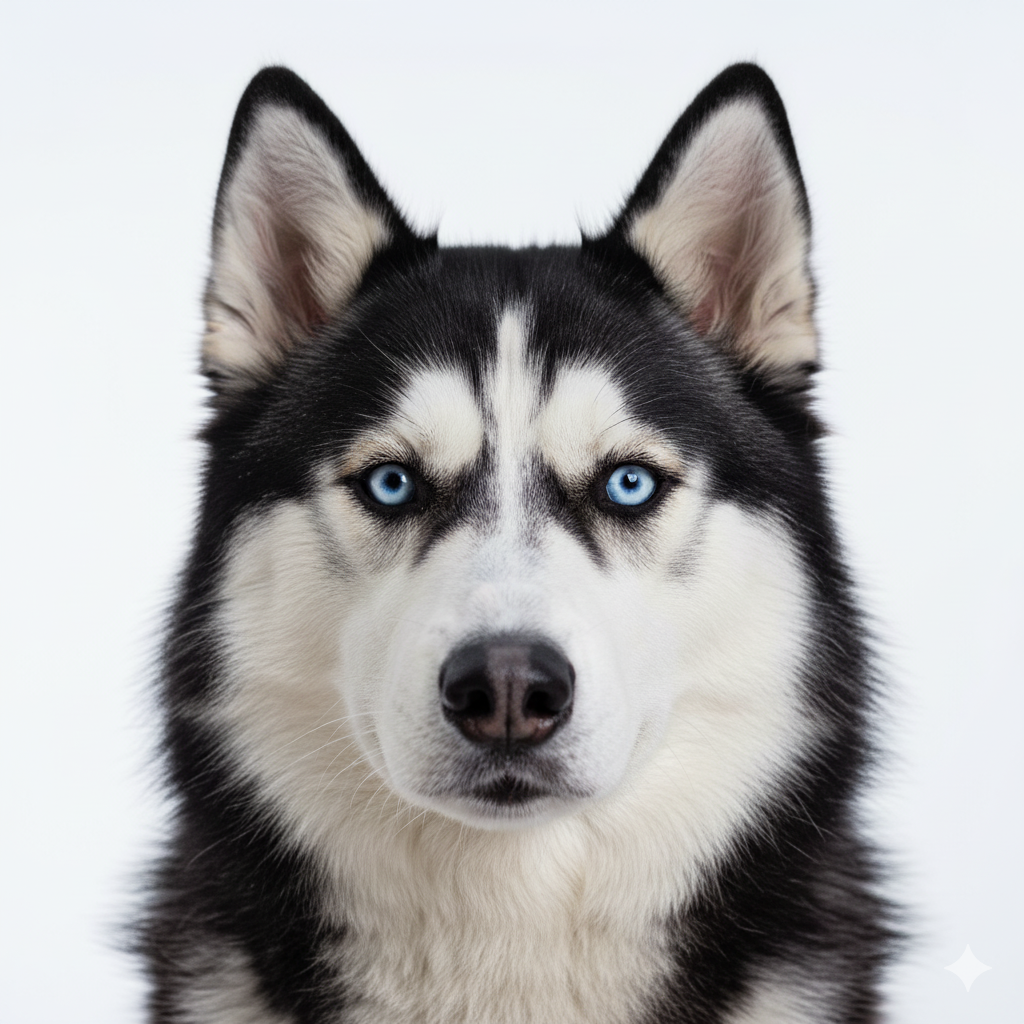
Siberian Husky

Bernese Mountain Dog
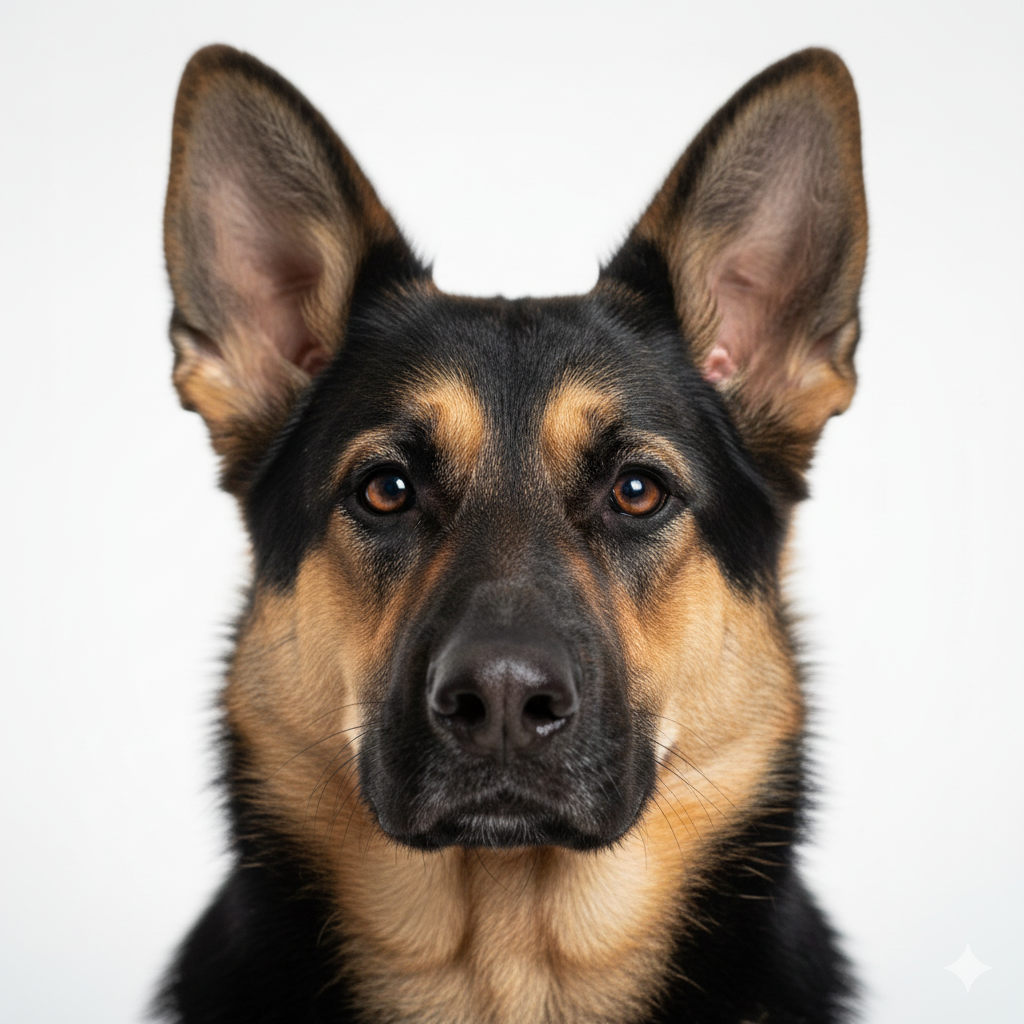
German Shepherd

Beagle

Rottweiler

Boxer

Welsh Corgi

Mastiff

Irish Wolfhound
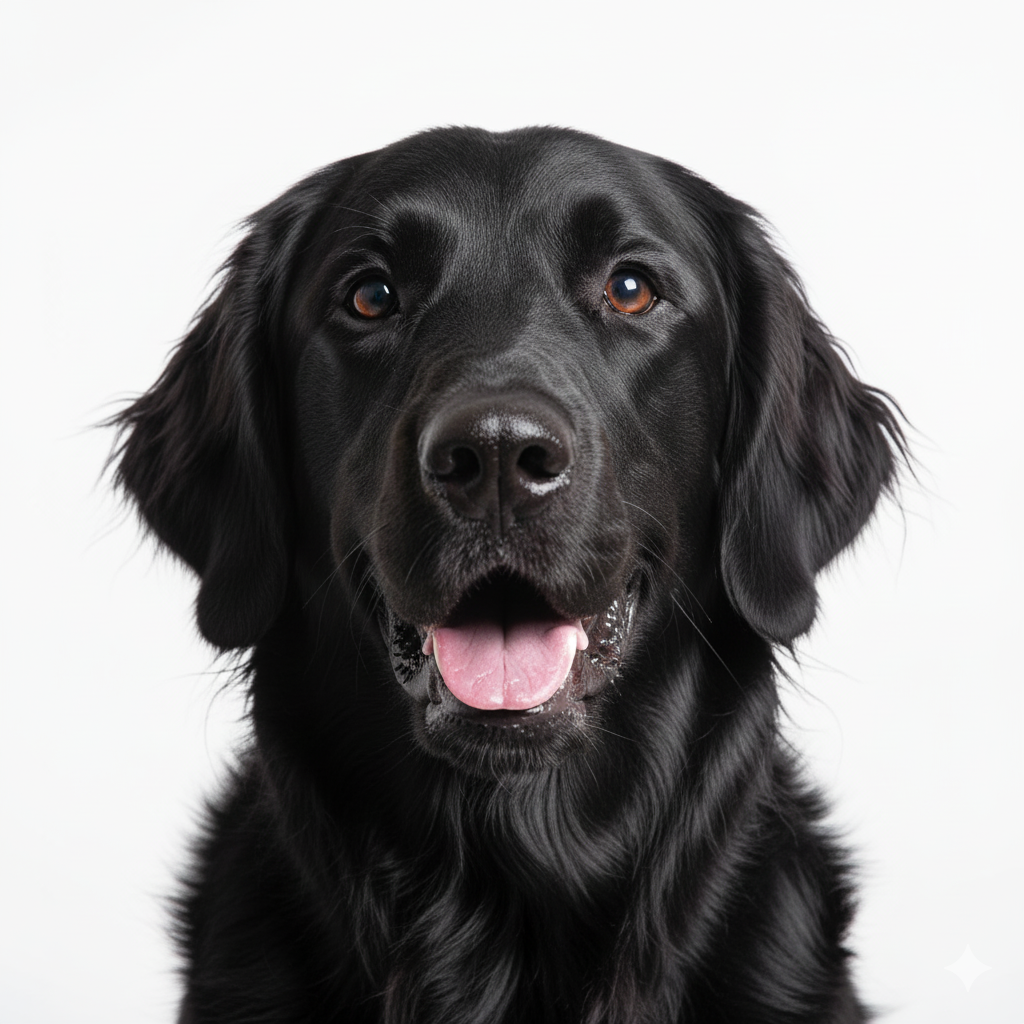
Flat-Coated Retriever
The trend is your friend: Regular monitoring of cfDNA levels detects changes early, leading to better outcomes and more treatment options. Catching rising levels before symptoms appear can be life-saving.
Why Early Detection Matters
Most dogs will develop serious illness during their lifetime. Early detection through cfDNA monitoring dramatically improves outcomes and quality of life.
Better Treatment Outcomes
Diseases treated before they progress respond more effectively to therapy, improving survival rates and quality of life.
Lower Treatment Costs
Early intervention often requires less aggressive treatment, reducing medical expenses and avoiding emergency care costs.
More Time Together
Detecting disease early gives you and your veterinarian more time to act, extending healthy years with your dog.
Earlier Detection = Better Outcome
The CFD biomarker empowers veterinarians to detect cell destruction before clinical symptoms appear, creating critical opportunities for timely intervention.

